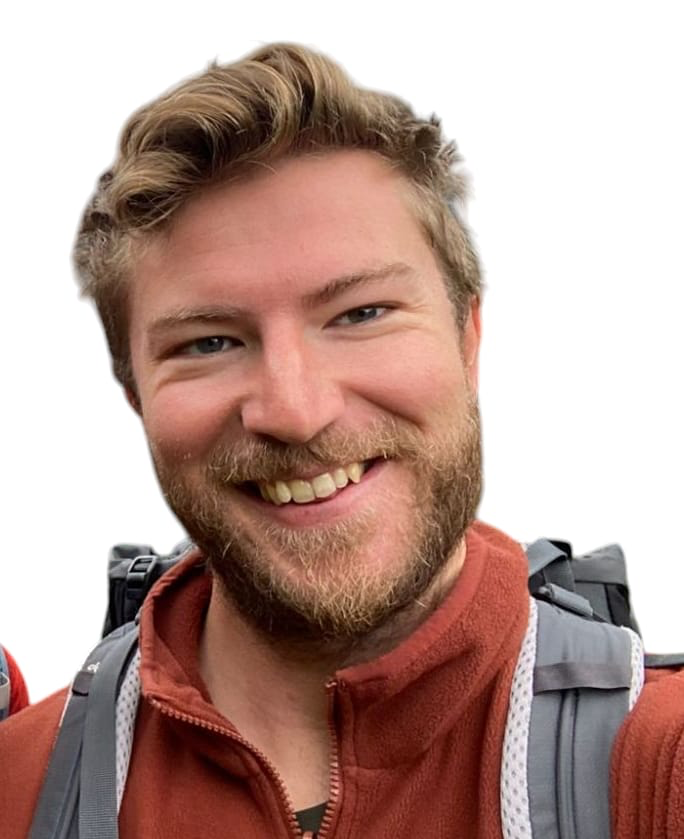Dr Andrew Winter

Royal Society University Research Fellow | Lecturer in Astrophysics
Email: andrew.winter@qmul.ac.ukRoom Number: G. O. Jones Building, Room 510Website: https://www.andrew-j-winter.com
Profile
Since 2025, I have been Royal Society University Research Fellow at QMUL.
I completed my Masters in Mathematics & Physics (MMathPhys) at Warwick University in 2015, before completing my PhD at the Institute of Astronomy, University of Cambridge in 2019. I was then a post-doc at the University of Leicester (2019-20), Humboldt Fellow at the Institut für Theoretische Physik, Heidelberg University (2020-22), post-doc and Marie Curie Fellow at the Observatoire de la Côte d’Azur in Nice (2022-2024), then back to Heidelberg as a visiting fellow at the Max-Planck Institut für Astronomie (2025).
Teaching
I am currently teaching half of the Physical Cosmology course (SPA 6311).
Research
Research Interests:
My research interests are on the interface between star and planet formation, attempting to understand the context for observed exoplanets and our own Solar System. I do this through theory, with a strong grounding in statistics and observational experiment.
Planets are born in discs of dust and gas called ‘protoplanetary discs’. Understanding how these discs evolves is critical to understanding the properties of planetary systems. These objects are often considered in isolation, but growing evidence shows that they are actually subject to their much larger scale environment. In particular, I’m interested in three distinct channels by which where a star is born may influence the type of planets that may be able to form around it. These processes are:
- External photoevaporation, a process by which massive nearby stars heat up the disc, driving a thermal wind. This reduces the mass and time available to form planets.
- Dynamical encounters between stars that can induce spiral density waves in protoplanetary discs and truncate the outer disc material.
- Late-stage infall of material onto the disc, which supplies the disc with fresh material from the interstellar medium.
We are still a long way from understanding what these processes mean for planet formation and our own origins – unravelling this puzzle is a major component of my long-term research. This can only be achieved as part of a broad collaboration of theorists and observers, and I therefore retain a broad, international collaborative network, with particularly strong connections in Germany, France and the UK.
Examples of research funding:
Royal Society University Research Fellowship — “Environmental origins of exoplanet diversity,” Queen Mary University of London, £1.83M (from May 2025–).
Marie Skłodowska-Curie Fellowship — “Observational signatures of planet formation in irradiated discs,” Observatoire de la Côte d’Azur, €180k (Oct 2023–Apr 2025).
Humboldt Fellowship — “Planet evolution in dense stellar clusters,” Heidelberg University, €80k (Mar 2020–Mar 2022).
Paris Regional Fellowship — €130k (awarded Apr 2022; declined).
DFG-funded visiting Ph.D. student — “Linking galactic-scale star formation physics to protoplanetary disc survival,” Heidelberg University (Sep–Nov 2018).
Publications
Selected publications (full list available here https://ui.adsabs.harvard.edu/user/libraries/PK0RWOWOTIKWfo-5Fck9sg ) :
- exoALMA. XVIII. Interpreting large scale kinematic structures as moderate warping – Winter et al. 2025
The Astrophysical Journal Letters, Volume 990, Issue 1, id.L10, 17 pp.
- Spatially correlated stellar accretion in the Lupus star-forming region: Evidence for ongoing infall from the interstellar medium – Winter et al. 2024
Astronomy & Astrophysics, Volume 691, id.A169, 10 pp.
- Planet Formation Regulated by Galactic-scale Interstellar Turbulence – Winter, Benisty & Andrews 2024
The Astrophysical Journal Letters, Volume 972, Issue 1, id.L9, 36 pp.
- The external photoevaporation of planet-forming discs – Winter & Haworth 2022
The European Physical Journal Plus, Volume 137, Issue 10, article id.1132
- A solution to the proplyd lifetime problem – Winter et al. 2019
Monthly Notices of the Royal Astronomical Society, Volume 490, Issue 4, p.5478-5493
- Protoplanetary disc truncation mechanisms in stellar clusters: comparing external photoevaporation and tidal encounters – Winter et al. 2018
Monthly Notices of the Royal Astronomical Society, Volume 478, Issue 2, p.2700-2722
Supervision
I am currently supervising Ollie Brown (since September 2025)